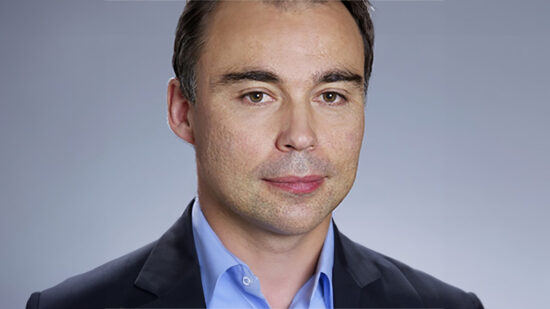For most of their working lives, people have one goal in mind: to build a nest egg for their retirement. They save diligently, invest wisely, and grow their assets with their focus firmly placed on the future.
However, once they retire things change. The mindset shifts from one of accumulation to decumulation and, for many, that transition is more difficult than they might expect. As financial advisers, we see this process play out in real time.
Clients who were confident savers become hesitant spenders. Even those with substantial portfolios can feel anxious about drawing down their wealth. Why? Because the decumulation phase introduces new risks, new decisions, and a level of uncertainty that can be emotionally daunting.
Navigating retirement
We’ve been supporting clients in the ethical investing space to navigate their retirement journey for over 20 years. Over that time the landscape of values-based investing has seen a lot of change. Recently, the Sustainability Disclosure Requirements (SDR) and Sustainability Labels were introduced by the FCA.
The aim of this regulation is to address the growing demand for sustainable investment products and protect consumers from misleading or exaggerated sustainability-related claims, often referred to as “greenwashing”.
We support the idea of greater transparency helping thoughtful individuals invest with confidence which is why we took part in the consultation with the FCA that formed the basis of the new regulations. And yet there are still improvements to be made.
A broad-based investment approach can help clients hold a well-diversified mix of assets – important in a client’s decumulation journey where so much uncertainty exists. A broad asset class approach may not yet lend itself to the Sustainability Labels which are more suited to a narrower thematic goal.
This diversification of assets is a key focus for individuals entering into decumulation. Too often investors will be hampered by a form of ‘mental accounting’. It’s tempting to consider only pensions and annuities when thinking about retirement needs. But a strong decumulation strategy takes a step back from this traditional approach and considers the use of all assets to offer more flexibility and tax advantages.
Regulatory changes
Recent changes in the regulatory landscape such as the introduction of flexible ISAs, freezing of allowances and the overhaul of capital gains tax have brought into focus the importance of holding a mix of investment vehicles.
Many changes to a decumulation plan will be needed as a person’s retirement journey unfolds and a broad range of plans provides an adviser with more tools in the toolbox to deliver solutions. At the same time, a deeper arsenal of plans and policies can help an adviser match the underlying companies to an investor’s values.
The FCA’s Thematic Review of Retirement Income Advice is still ongoing. This is looking into whether consumers are receiving appropriate advice on meeting their retirement income needs. For most, pensions should still form an integral part of a retirement strategy and in this country, we’re less reliant on the state pension than many of our peers. This is why successive governments have attempted to stimulate investment in workplace and personal pensions.
When accessing pension funds, it’s easy for annuities to be cast aside as only being a solution for risk averse individuals. But the annuity conversation should always be kept on the table; it’s never too late to secure an annuity. For some, securing guaranteed income, enough to cover essential spend, may actually free individuals up to be able to take on more risk other assets. The right blend and balance will be different for everyone.
‘Golden years’
Retirement is described as the “golden years”, a time to relax, but for many, the transition into retirement can prove tricky. A sudden loss of routine, identity and purpose calls for an emotional adjustment. When you add uncertainty from financial pressures into the mix, the role of a good adviser becomes one of building confidence and clarity.
This is why a cashflow model ought to be the cornerstone of any decumulation strategy. A cashflow model projects how an individual’s future is likely to unfold based on information and assumptions we hold about their circumstances now. From this projection, we’re able to work backwards and assess if any changes are needed to improve the position down the line.
However, the accuracy of any cashflow model is dependent on the assumptions used and this is why questioning skills become vital. It’s essential to have deep and meaningful conversations to really get to the bottom of how a client’s retirement is likely to play out.
Creating a bespoke financial plan with regular periodic adjustments compared with simply accessing ‘off the shelf’ products could be the difference between a person living comfortably and just getting by. Plus, in today’s world of shifting beliefs and where a constant stream of breaking news of company practices is at our fingertips, regular reviews are essential to keep portfolios aligned with investor values.
Michael Owens is a client adviser at Castlefield








